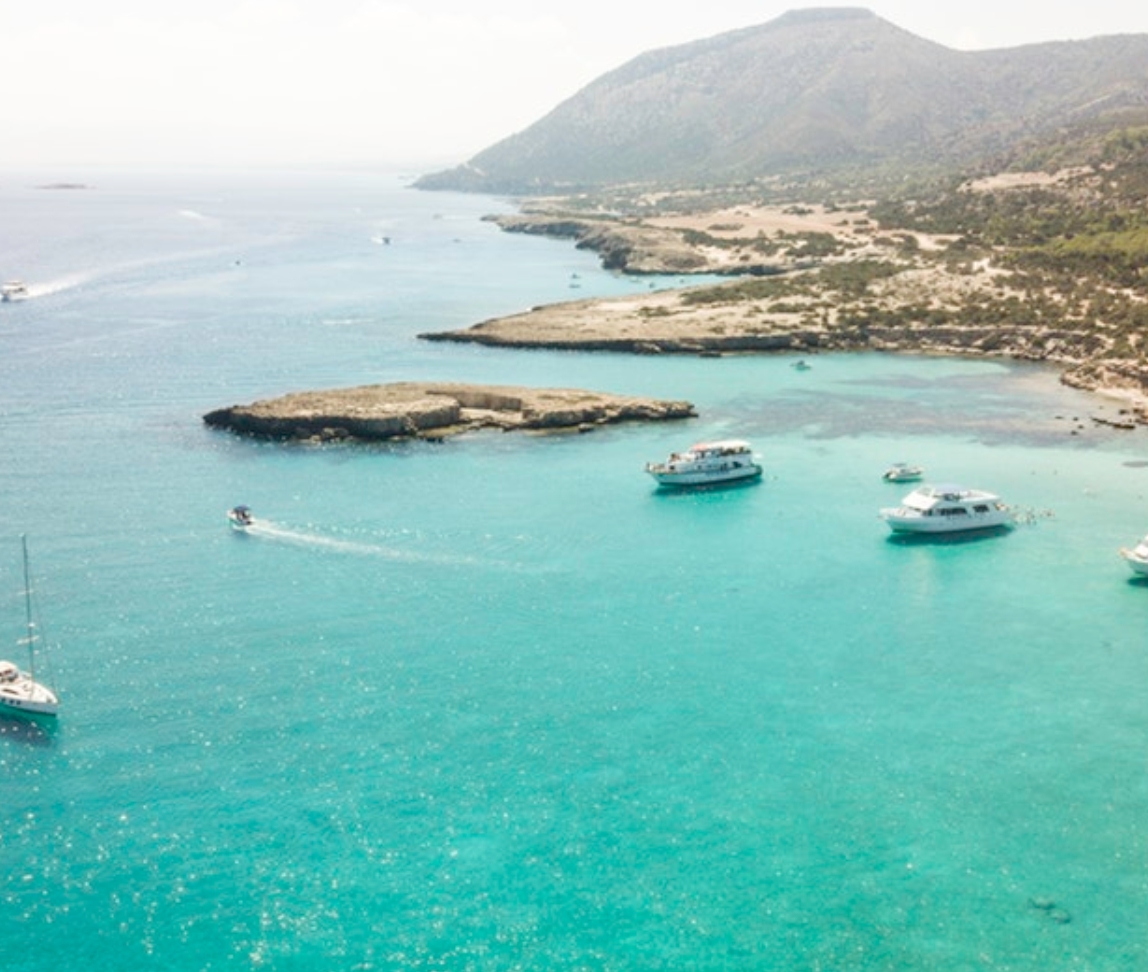Cyprus has state-sponsored education as well as private and international schools. The public and private systems are both open and accessible to expats, and parents usually decide upon the choice of schools based on expectations, cost, language and curriculum.
The Cyprus school year is divided into three terms. There is no week-long half-term break in the middle, but there are several public holidays for religious and cultural occasions. Education in Cyprus is mandatory for all children aged 12 and younger, and is separated into: pre-primary school, primary school, secondary school is composed of the latter two levels: gymnasium and lyceum. Also, there is the vocational post-secondary education.
The Education system in Cyprus consists of the following stages:
- Pre-Primary education:
Pre-Primary Education is compulsory for all children between 4– 5 years old. Children are also accepted if they are older than 3 years. This level of education aims to satisfy the children’s needs for the development of a wholesome personality in an cozy environment which enables them to recognize their capabilities and enhance their self-image. - Primary Education:
Primary education is compulsory for all children over the age of 5 and has a duration of 6 years. The aim of Primary Education is to create and secure the necessary learning opportunities for children regardless of age, sex, family and social background and mental abilities. - Secondary Education:
Secondary General Education offers two three-year cycles of education – Gymnasio (lower secondary education) and Lykeio (upper secondary education) – to pupils between the ages of 12 and 18. The curriculum includes core lessons, interdisciplinary subjects and a variety of extracurricular activities.
Instead of the Lykeio, pupils may choose to attend Secondary Technical and Vocational Education which provides them with knowledge and skills which will prepare them to enter the workforce or pursue further studies in their area of interest. - Post-Secondary Vocational Education and Training (Post- Secondary Institutes of VET):
Post-Secondary Vocational Education and Training offers all types of vocational education and training and provides students with the necessary qualifications by imparting academic and technical knowledge, as well as professional and practical skills. The duration of the programmes offered is two years, on a 5-day basis.
Public education
First thing you need to know, state education is free for all nationals and expats. Many expat parents find the big drawback of sending their children to state schools in Cyprus is the language barrier as all free schools are greek speaking schools, but those who intend to stay for the long-term often prefer their children being immersed in Cypriot culture and opt for the public system. Parents who choose the public system are encouraged to consider employing tutors and organising extra lessons for better adjusting to the new system and language (in the case they don’t speak greek).
Private and international schools
Most expats living in Cyprus, especially those whose first language is English, send their children to private international schools. The most obvious benefit of these institutions is that children will be surrounded by others who speak English, and will often have a better selection of extra-curricular activities to take part in.
These schools are present in all of the country's larger cities (Paphos, Nicosia, Limassol and Larnaca), but the curriculum taught and the standard upheld in each of the institutions vary considerably.
Private schools in Cyprus can be costly, with tuition depending on the age of the child and the requirements of the school. Parents should also anticipate supplementary costs like registration and enrolment fees, books, uniforms and school bus expenses. Sending your child to one of these schools is likely to cost you at least €4,000 per year.
Recommendations
- If you are moving permanently or at least for a considerable amount of time, you might want to consider the public system as it is cheaper and may suppose a better adaptation of your children to the country. In that case, we strongly suggest to find a tutor to help with the language barrier.
- If you are moving for a shorter period of time, your best call might be to do the private schooling, as it will be easier for your children and they won’t have to engage in learning a language and then leaving in the process.
